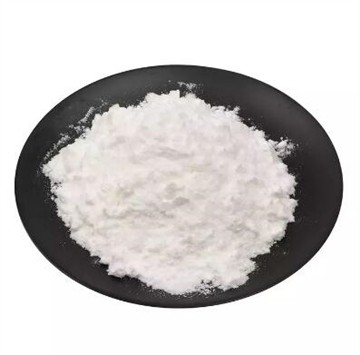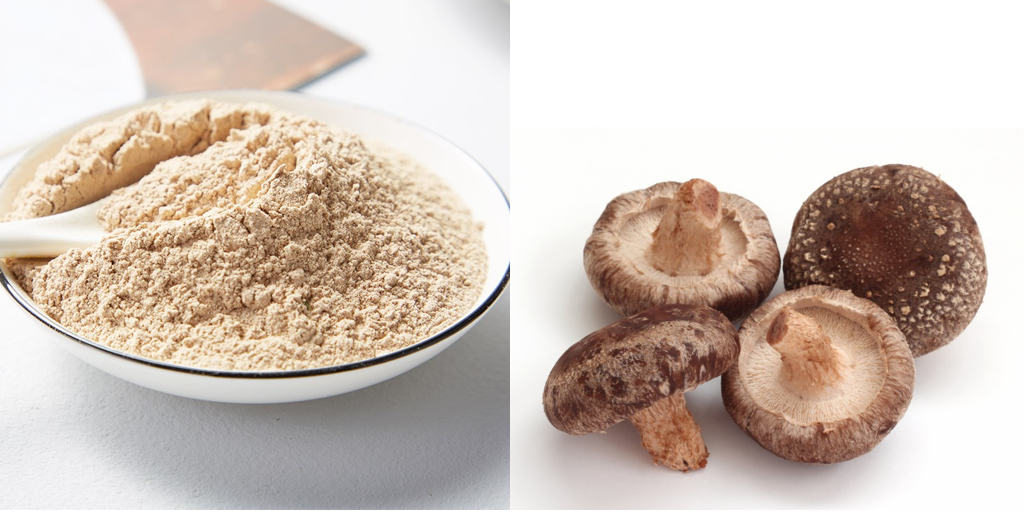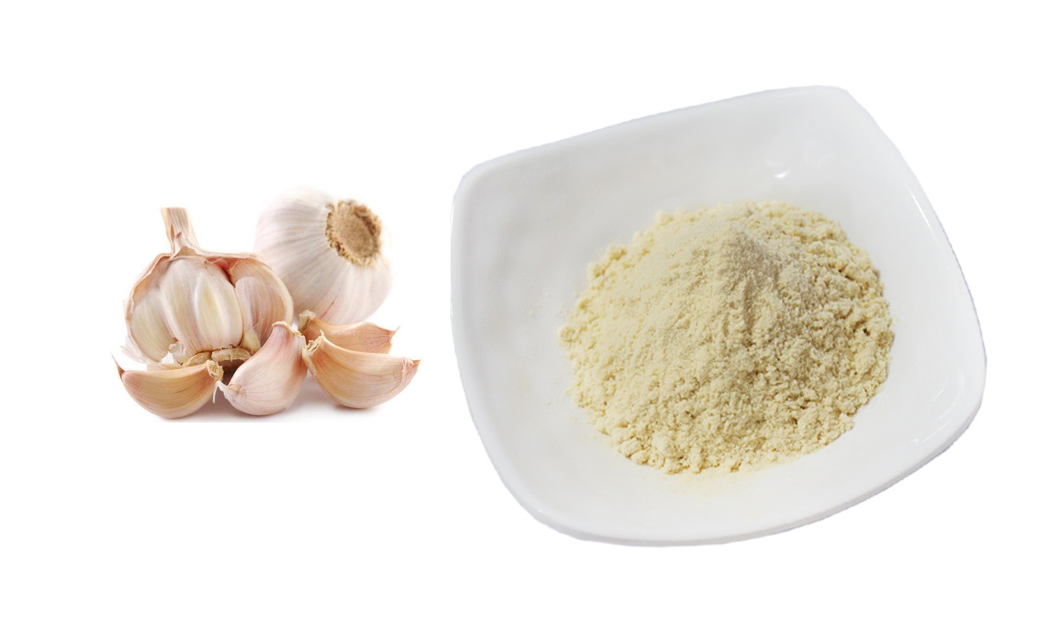Follow Us:

What Is Pyridoxine Hydrochloride
What is pyridoxine hydrochloride
Vitamins that are used to treat vitamin B6/pyridoxine hydrochloride deficiency include PYRIDOXINE HYDROCHLORIDE. Malabsorption, protein-energy undernutrition, certain drugs, and alcoholism are all causes of vitamin B6 deficiency. Cracked and sore lips, skin rashes, glossy tongue, weakened immune function, mood swings, low energy, fatigue, and pain and tingling in the hands and feet are some of the symptoms.
Pyridoxine hydrochloride, a salt form of vitamin B6, is in PYRIDOXINE HYDROCHLORIDE. It restores vitamin B6 in the body and aids in the treatment of its deficiency.
As directed, take PYRIDOXINE HYDROCHLORIDE. PYRIDOXINE HYDROCHLORIDE is something you should take for as long as your doctor says it should because of your condition. You may occasionally experience mild tingling or numbness, drowsiness, headache, or nausea. The majority of these PYRIDOXINE HYDROCHLORIDE side effects go away on their own and do not necessitate immediate medical attention. However, please consult your physician if the side effects persist or worsen.

What is pyridoxine hydrochloride used for
Your body needs pyridoxine, a vitamin B6, to use the energy in your food, make red blood cells, and keep your nerves working right. It is used to treat and prevent vitamin B6 deficiency caused by certain medical conditions, certain medications, and poor diet.
Occasionally, this medication is prescribed for other purposes; For more information, consult your physician or pharmacist.
How should you use this medication?
Regular and extended-release (long-acting) pyridoxine tablets are available. It is typically taken once per day. Carefully follow the instructions on your prescription label or package label, and if you have any questions, ask your pharmacist or doctor. Follow all instructions when taking pyridoxine. Do not take it more frequently or less frequently than your doctor has instructed.
Avoid crushing, chewing, or cutting extended-release tablets; take them in whole.
What specific safety measures should I take?
If you are allergic to pyridoxine or any other medication, tell your doctor and pharmacist before taking pyridoxine.
Levodopa (Larodopa, Sinemet), phenobarbital, phenytoin (Dilantin), and other vitamins are among the prescription and nonprescription medications you should disclose to your doctor and pharmacist.
If you are breastfeeding or planning to become pregnant, tell your doctor. Call your doctor if you become pregnant while taking pyridoxine.
What is pyridoxine hydrochloride in dog food
Pyridoxine hydrochloride: Pyridoxine hydrochloride is a common form of the B-vitamin pyridoxine, which is critical for metabolizing protein.

What is pyridoxine hydrochloride in cat food
The same reason that Pyridoxine Hydrochloride powder is included in human diets as a source of the B vitamin Pyridoxine, also known as Vitamin B6, is also the reason that it is included in pet food recipes.
In order for pets to properly metabolize protein—more specifically, the amino acids that make up protein—they need to consume pyridoxine.
It is essential to have sufficient levels of Pyridoxine to support the ideal intake of animal-based protein in the diets of both dogs and cats.
This is even more true for cats than it is for dogs because cats are obligate carnivores and should eat very few plant-based foods or carbohydrates.
But that isn’t the only reason Pyridoxine is important; it also helps keep a pet’s skin, nerves, and red blood cells healthy.
Even though other ingredients in recipes for pet food should contain Vitamin B6, these levels frequently aren’t enough to meet minimum requirements.
Pyridoxine Hydrochloride is one example of a supplement that pet food manufacturers must use to ensure that their products do not deplete the animals that consume them.
References:https://www.apollopharmacy.in/salt/PYRIDOXINE%20HYDROCHLORIDE
https://medlineplus.gov/druginfo/meds/a682587.html
https://petfoodreviewer.com/pyridoxine-hydrochloride-in-pet-food/


















